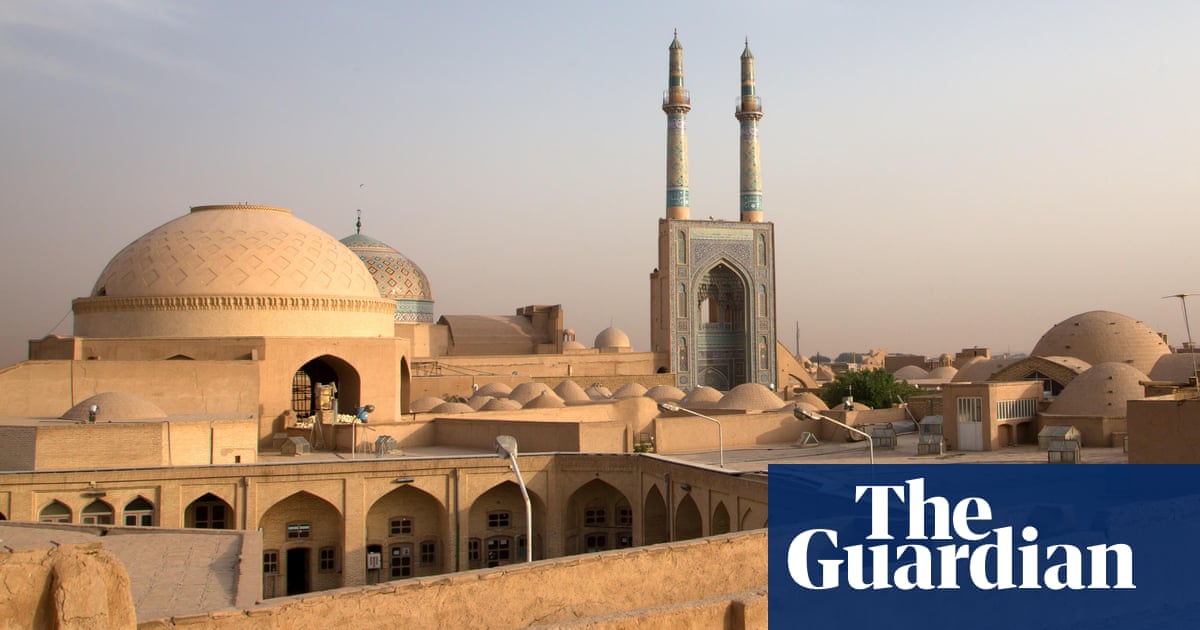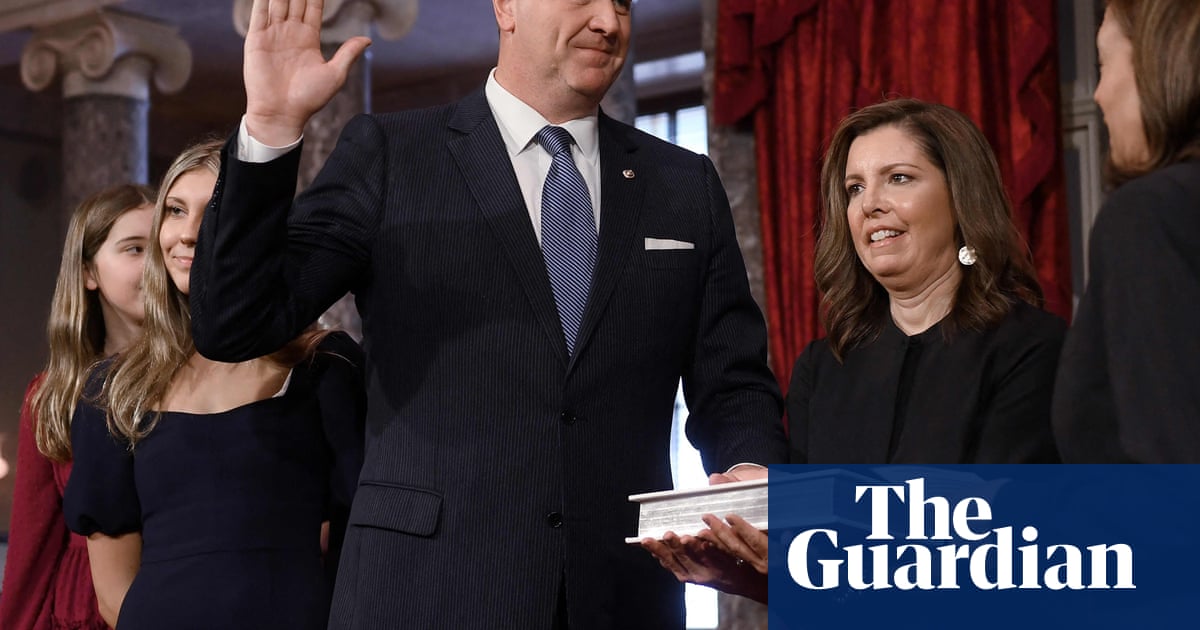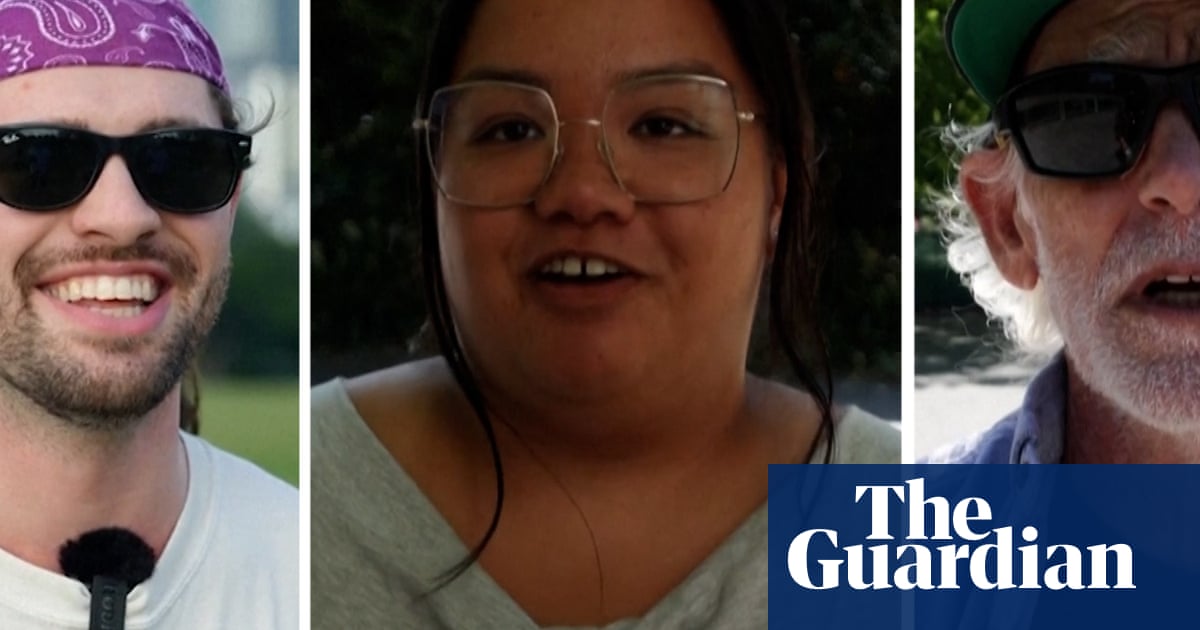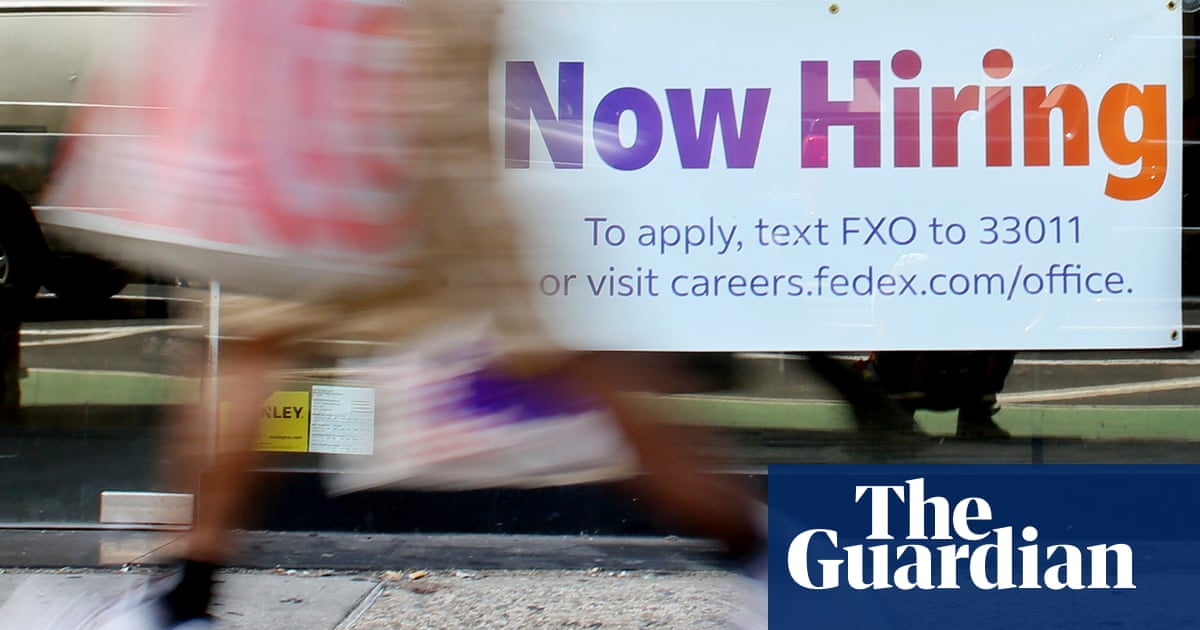Summertime at the Upijata Scissor-Tail Swallow Arts Company, an artistic program located on Pine Ridge reservation in South Dakota, is usually bustling. The arts community center, created to help combat high youth suicide rates on the reservation, would normally offer twice-a-week classes to enrolled students. Traditional artists – quilters or beadworkers – would be paid to teach interested participants. It was all a part of Upijata’s mission to emotionally and economically support the vulnerable community, the poorest reservation in the US.
But this year Upijata will have to significantly reduce its programming. Classes will now only be held monthly. Instead of hosting 20 students for workshops, Upijata will only be able to accommodate six. The cuts at Upijata come after a $10,000 grant from the National Endowment of the Arts (NEA) was rescinded last week. The funding, the first time Upijata has received an NEA award since being founded in 2019, made up about half of the company’s budget.
Upijata is one of hundreds of groups facing severe budget deficits after the Trump administration swiftly cut millions of dollars in NEA grants. Now, arts organizations nationwide, such as Portland Center Stage and Berkeley Repertory Theatre, are scrambling to cover the shortfall. Groups specifically catering to marginalized communities are also caught in the fallout.
“We’re [building] a community where we’re creating a sense of belonging to combat the suicide rates,” said Upijata’s executive director, Shannon Beshears. “If we cannot be that sense of belonging, because we don’t have the consistency, the ability to impact our participants’ lives in a positive way decreases dramatically.”
An email sent out to grant recipients on 2 May said that the NEA would “focus funding on projects that reflect the nation’s rich artistic heritage and creativity as prioritized by the President”, several outlets reported. Recipients of rescinded grants were given only seven days to appeal the decision. Several top officials at the NEA have since resigned from the agency following the grant terminations. The NEA did not respond to the Guardian’s request for comment.
Projects being prioritized by the Trump administration instead include initiatives that “elevate the Nation’s HBCUs and Hispanic Serving Institutions, celebrate the 250th anniversary of American independence, foster AI competency, [and] empower houses of worship to serve communities”, among others.
Grant terminations have affected artistic programming in every corner of the US, and organization administrators have taken to social media to share their shock and outrage. Many of the funded projects are already underway. In the interim, institutions have launched emergency funding campaigns, urging community members to donate. Others say they are appealing to other streams of donation, including private philanthropists. Many have filed appeals with the NEA to have their grants restored. Several of the funded programs are also the signature projects for impacted organizations, such as the annual Uptown Shakespeare in the Park initiative for the Classical Theatre of Harlem (CTH) in New York City.
CTH, known for its contemporary takes on Shakespeare classics and Greek tragedies, was only a month out from rehearsals for their production of Memon, a new play about an Ethiopian king who fought with the city of Troy, when they received news that their $60,000 grant had been cancelled. “They sort of signaled that they were going to do something like this a couple of months ago,” said CTH’s producing artistic director, Ty Jones. “Did I think they would follow through? No, I didn’t.”
The production is a part of the theatre’s annual Uptown Shakespeare in the Park festival, which sees about 2,000 attendees a performance. The event generates foot traffic for local businesses. Representatives from New York City’s department of health and mental hygiene also provide community members with onsite services, including blood pressure checks and social service references.
In Philadelphia, the advocacy group Asians American United (AAU) lost a $25,000 grant meant to support their annual mid-Autumn festival ahead of the event’s 30-year anniversary in October. The event was first founded by local youth who couldn’t be with their families for the mid-Autumn celebration, said AAU’s executive director, Vivian Chang. The festival has since grown substantially, exposing upwards of 8,000 attendees annually to more than 100 local performers.
“For a lot of people, it’s a very accessible way to reach a new audience. These aren’t groups that will be on a super mainstream stage, or maybe they’re performing an art form that’s undervalued,” said Chang. “Where do they get to celebrate this? Where do they get to display? The festival is one of the few places for that.”
For many organizations catering to disenfranchised groups, the alleged reprioritization is especially frustrating and contradictory. Upijata, for example, works with tribal groups and theoretically should be considered eligible under the NEA’s newly outlined goals, which include projects that “support Tribal communities”. “They said supporting tribal communities [in their new priorities], but in their effort to prioritize supporting tribal communities, they are directly taking funding from them,” said Beshears. “It feels like there is so much back and forth, so much dishonesty.”
Many affected organizations were not surprised to see the Trump administration’s attack on funding. Prior to last week’s cuts, the NEA was ordered to require grant applicants not to promote “gender ideology”, as a part of a broader executive order.
after newsletter promotion
The National Queer Theater (NQT), a non-profit theater based in Brooklyn, New York, had a $20,000 grant rescinded for its Criminal Queerness Festival, a showcase featuring work by queer artists from countries where queerness is criminalized or censored. The group joined a lawsuit in March with the American Civil Liberties Union (ACLU) to sue the NEA over its anti-LGBTQ+ policy. As for the latest NEA cuts, NQT’s artistic director, Adam Odsess-Rubin, said he and staff members are “upset by the NEA cuts, but I can’t say we’re surprised”.
“These cuts are part of the larger story of how Elon Musk and Doge have tried to gut the federal government and really focused on eliminating any programs they see as potentially counter to this administration’s priorities,” said Odsess-Rubin. “That includes any programming related to LGBTQ+ issues, any programming focused on Black and brown communities, as well as programming around climate change or healthcare”.
Many groups are hopeful that they’ll be able to close the gaps in funding, especially given outcry from the community. But questions of how to handle attacks on the arts in a long-term capacity remain.
CTH ultimately decided not to request an appeal, instead opting to focus on future actions against NEA attacks. The theatre hopes to work with the other organizations who have also seen their funds stopped, possibly through legal means.
In the meantime, CTH is moving ahead with their Memon production and is confident their community will help them raise $60,000 by June. “I’m one of these crazy people that believes that the power of people is stronger than the people in power,” said Jones. “I don’t fear these people. If anything, they poked the bear. It’s a spark that’s put a flame in motion.”

 German (DE)
German (DE)  English (US)
English (US)  Spanish (ES)
Spanish (ES)  French (FR)
French (FR)  Hindi (IN)
Hindi (IN)  Italian (IT)
Italian (IT)  Russian (RU)
Russian (RU)  3 weeks ago
3 weeks ago
























Comments